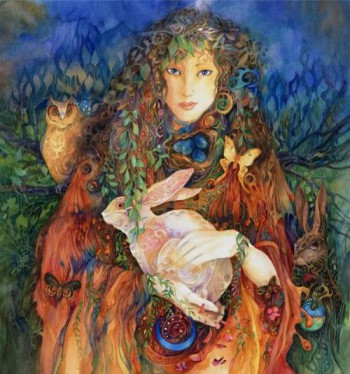In my novel, Original Sinner, Eve recounts her experiences during the Siege of Caffa and the outbreak of plague. It was certainly thought-provoking to research those times whilst in lockdown because of our pandemic. I read accounts of people who had experienced the confusion and horror of the plague, and their reactions were similar to ours: “When sailors reached these places and mixed with people, it was as if they brought evil spirits with them… we were carrying darts of death. While we hugged and kissed them, we spread poison from our lips even as we spoke.” (Gabriele De’Mussi, Historia de Morbo)
Gabriele De’Mussi was a Genoese lawyer who wrote in 1348 about his experiences during the siege of Caffa two years earlier. There, the Mongol horde fired the rotting corpses of plague victims into the walled city. De’Mussi believed this to be the beginning of spread of the Black Death into Europe.
It wasn’t called the Black Death at the time. Then it was ‘the pestilence’. It is interesting that we refer to our current situation as ‘the pandemic’—I wonder what name it will bear in the future. It was centuries later that this outbreak was called the Black Death, to distinguish it from ‘the Great Plague’ of the seventeenth century.
In the 1300s, the consensus was God had sent the plague. “By God’s permission came the pestilence which swept away such numbers” (Walsingham, Gesta Abbatum). There were three dominant schools of thought. Christians viewed the plague as punishment from God. It was retribution for humanity’s sins, caused by witchcraft and sorcery and a lack of piety which manifested as ‘bad air’. Therefore, Christians travelled from plague ridden towns to ones with ‘better air’ which were not infected. That was why it spread so rapidly. They believed that protection came through prayer, and penance and holy items, such as drinking a potion made from unicorn horn, as they associated the unicorn with Christ and purity. So many unicorns must have been killed for their horns! But as the disease spread, more people questioned the authority of the Church, believing God had abandoned them.
The Muslim belief was that the plague was a gift from God, who took the souls of the faithful to straight to paradise. Therefore, they didn’t flee from their towns when the plague arrived. They believed God chose who would be lucky enough to receive the sickness, that they did not pass it to another. This led to containment of the disease in Islamic cities and towns.
The hysteria of the Christians did not grip the Islamic world. The Flagellant Movement, a group of Christian zealots, roamed from town to town, whipping themselves for the sins of humanity. They also incited people to persecute and slaughter minority groups, such as the Romani and Jews. The pointing finger of blame did not occur in the Islamic states, as they viewed the illness as a blessing from God.
Then there were others who believed the plague came from a malevolent spirit, Angra Mainyu, was spread by the djinn and other flying spirits. This increased a reliance on amulets and charms and engendered a reliance on folklore, and magical incantations and potions, to ward off evil.

Visited 580 Times, 1 Visit today




